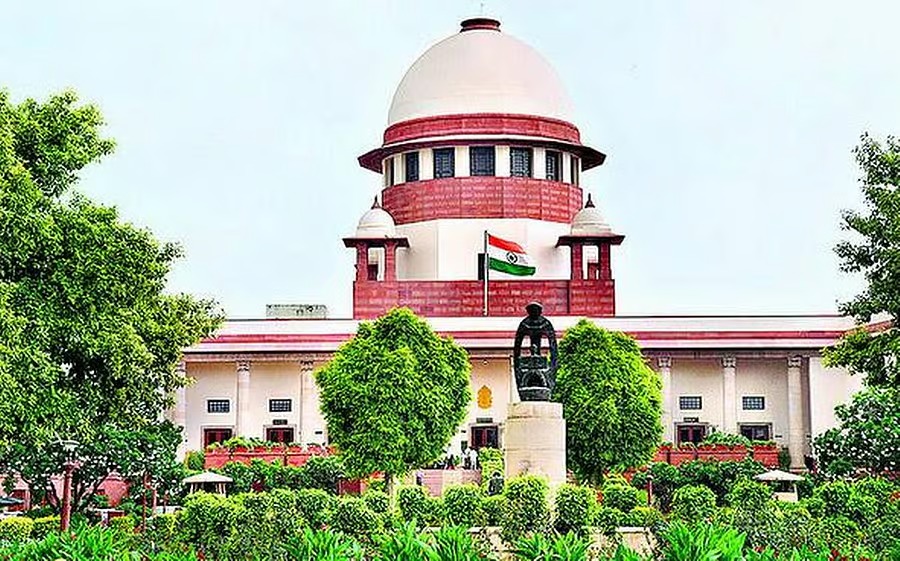@JUDGMENTTAG-ORDER
Vinod K. Sharma, J.@mdashThis regular second appeal is directed against the judgments and decree dated 20.02.2004 and 22.03.2006 passed by the learned Courts below vide which the suit filed by the plaintiff-respondents for possession by way of redemption stands decreed.
2. The plaintiffs brought a suit for redemption claiming that they are owners of two shops. It was pleaded that the property stood mortgaged with the defendant-appellants. The mortgage could be redeemed on payment of Rs. 8,000/-. No time limit was provided for redemption in the mortgage deed. It was also pleaded that the plaintiff-respondent requested the defendant-appellants to let the two shops to be redeemed on the payment of Rs. 8,000/- as per terms of the mortgage deed, but they refused to allow the property to be redeemed a week back and, therefore, the suit was filed.
3. The defendant-appellants took a plea that the mortgage was a sham transaction, rather they were tenants In the disputed shops. In support of the plea, they produced on file the record of the Municipal Committee to show that they were tenants over the property in dispute and not mortgagees.
4. The learned Courts below on appreciation of evidence recorded a concurrent finding of fact holding that the plaintiff proved on record the execution of the mortgage and passed a decree for redemption by payment of mortgage money.
5. Learned Counsel appearing on behalf of the appellants raised the following substantial question of law:
Whether in a suit for redemption, the Court was bound to pass preliminary decree in terms of Order 34, Rule 7 of the CPC before drawing the final decree for possession?
6. In support of the substantial question of law, learned Counsel for the appellants has placed reliance on the judgment of Hon''ble Karnataka High Court in the case of Sukay Pharma v. State Bank of India and Ors. 1992 ISJ (Banking) 259, to contend that even if the claim of the plaintiff is conceded in a suit filed under Order 34 of the Code of Civil Procedure, the Court is bound to pass a preliminary decree and in absence thereof, final decree could not be passed.
7. It is also the contention Of the learned Counsel for the appellants that non-passing of the preliminary decree has resulted in prejudice to the appellants as their right to file an appeal has been taken away.
8. However, the plea raised by the learned Counsel for the appellants cannot be accepted in view of law laid down by this Court in the case of Ajinder Pal Singh Virk v. Sudarshan Kumar 2005 (1) RCR (Civil) 830, wherein this Court has been, pleased to lay down as under:
8. The appellant has not questioned the title of the plaintiff nor set up his own title. By a previous interparties order Ex.P-3, parties have been declared to be mortgagor and mortgagee. No mortgage deed has been executed but the plaintiff has received a sum of Rs. 5,000/- from the defendant and given possession of the suit property to the defendant. Thus, even if the plea of the defendant that in absence of registered mortgage deed, no mortgage came into existence is to be accepted, the plaintiff will be entitled to a decree for possession on payment of Rs. 5,000/-. Contentions raised on behalf of the appellant have no merit. The trial Court has referred to the decision of the Apex Court in
9. The facts in the case of Ajinder Pal Singh Virk v. Sudharshan Kumar (supra) are similar to the one in hand as the defendant-appellants have also disputed the mortgage deed.
10. In view of the law laid down by this Court in Ajinder Pal Singh Virk v. Sudharshan Kumar''s case (supra), the substantial question of law framed, is answered against the appellants, in view of facts and circumstances of this case.
11. Consequently, finding no merit in the appeal, the same is dismissed in limine.

